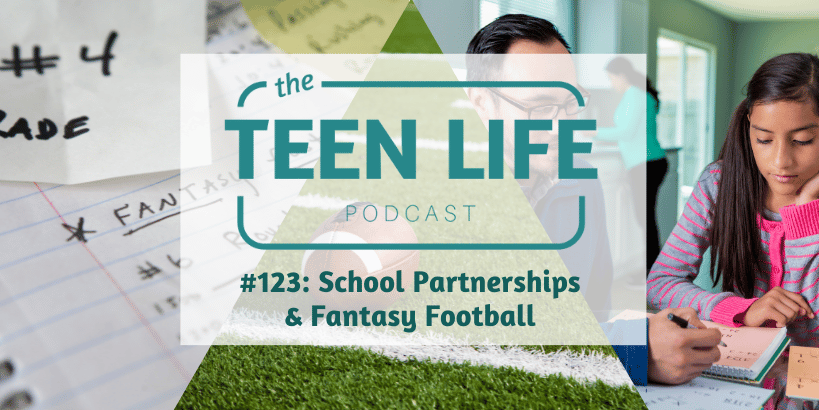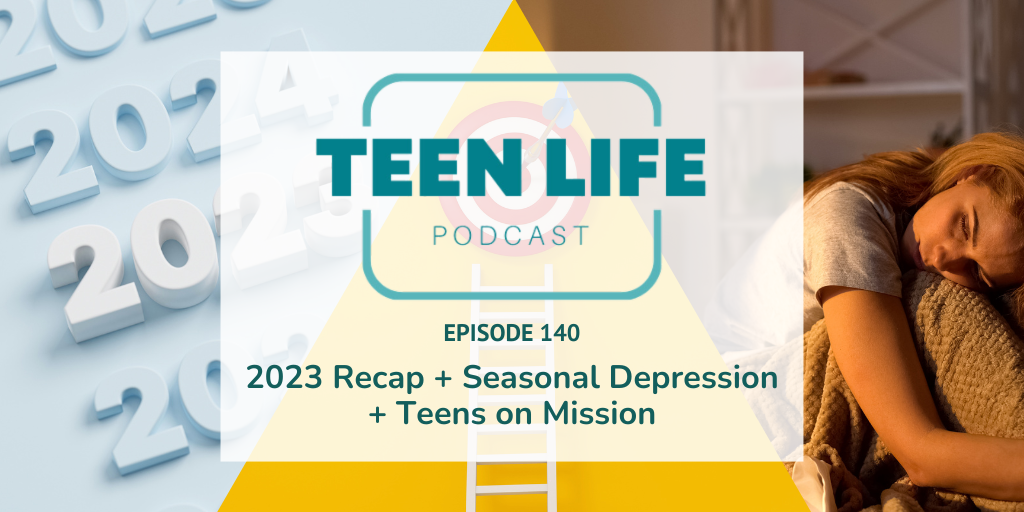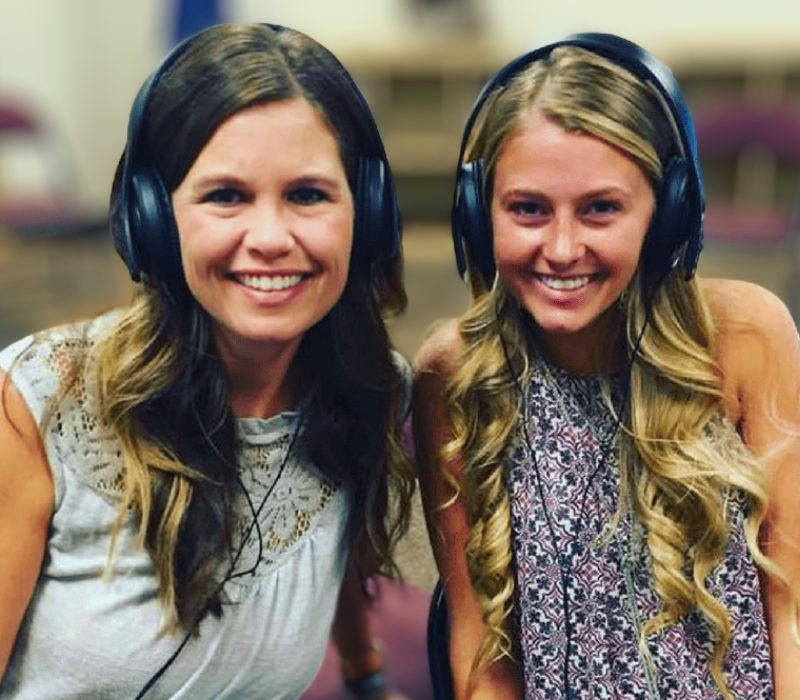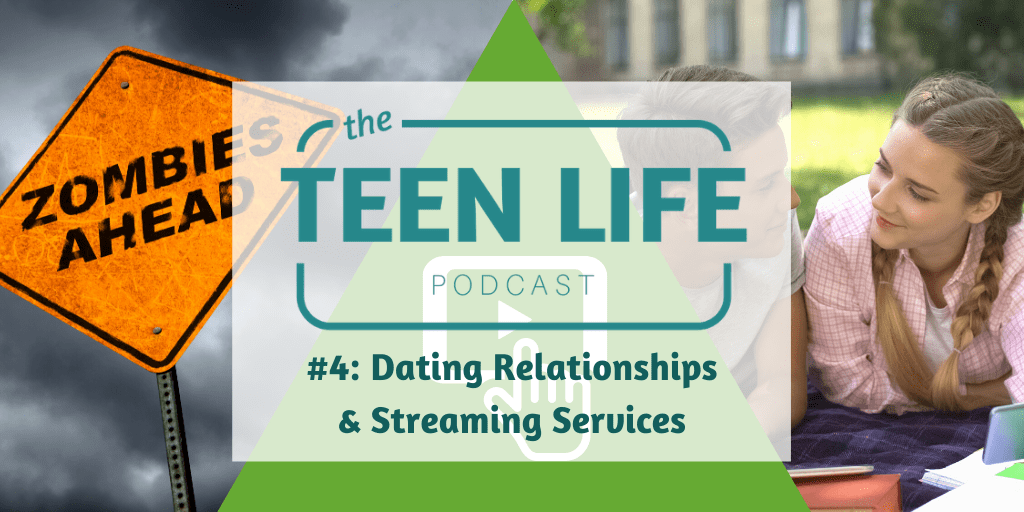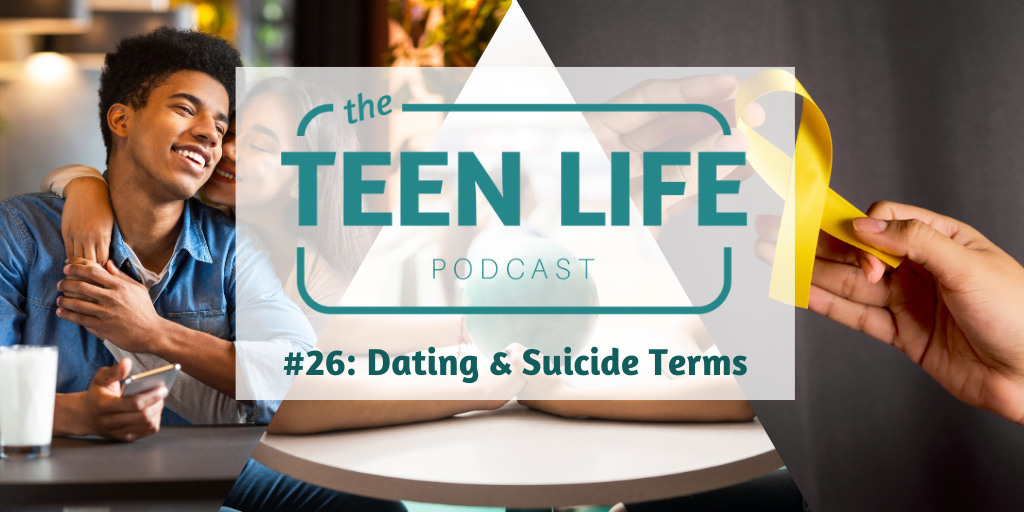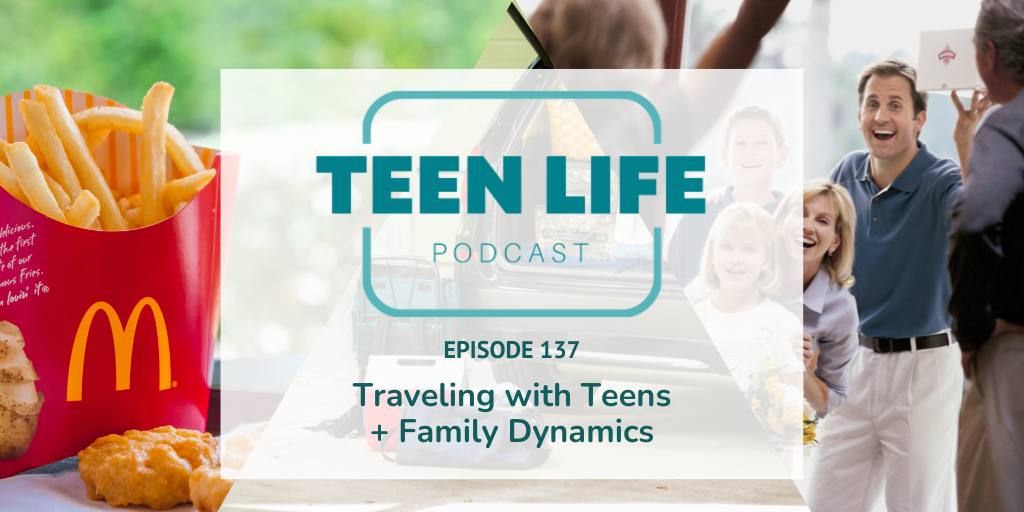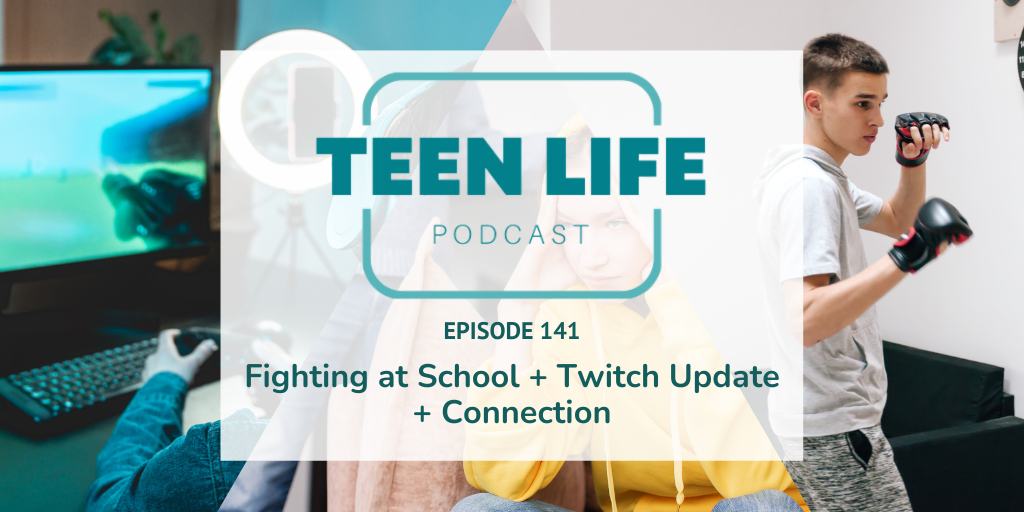
Kids Fighting at School + Twitch Update + Connection | Ep. 141
Podcast: Play in new window | Download
What’s with kids fighting at school and how can we help?
Fighting at school causes problems for students, teachers, and the parents of those involved. It’s easy to write some kids off as “trouble,” but in our experience, the right adult intervention can make a huge difference.
Recent statistics from the Youth Risk Behavior Survey conducted in 2021 shed light on a startling reality: approximately 18.3% of teenagers have been involved in physical altercations, with boys comprising a higher percentage at 23.3%. Even more troubling, 5.8% of these fights took place on school premises, reflecting a tangible threat to the safety and security of educational settings.
Keep reading for more on how schools are handling the problem of fighting and how you can help.
What are the consequences of fighting at school?
The consequences stemming from school fights are severe and far-reaching. Suspension, physical injury, and, in extreme cases, legal repercussions like arrests and felony charges can alter the trajectory of a young person’s life irreversibly. A poignant example is the recent incident in Florida where 11 high school students were arrested for engaging in a violent altercation during school hours, resulting in three students facing felony charges.
What are schools doing about it?
School administrations have implemented various measures aimed at enhancing safety, including the presence of security personnel, surveillance cameras, metal detectors, and zero-tolerance policies. However, the root causes of this issue often extend beyond the school gates.
Why do kids fight?
Underlying factors contributing to school violence are multifaceted. They range from turbulent home environments to feelings of powerlessness in other aspects of life. Difficulty in managing anger and the need for self-defense against bullying also play significant roles in instigating conflicts.
Addressing this complex issue necessitates proactive engagement from adults, especially when observing signs of potential conflict among teens. Initiating non-judgmental conversations, refraining from labeling, and creating a safe and approachable atmosphere are pivotal. Offering support, such as counseling services, and being receptive to troubled youths seeking help are critical steps in mitigating these issues.
What can caring adults do to help?
For adolescents grappling with anger or engaging in conflicts, alternative strategies exist. Encouraging productive outlets like boxing or providing opportunities for cooling off before confrontation can significantly redirect energies. Seeking professional help to understand the underlying causes of anger is a pivotal step toward resolution.
As adults within the community, it’s essential to foster an environment where communication is encouraged and support is readily available for teens experiencing difficulties. By promoting understanding, intervening early, and offering constructive alternatives, we can collectively steer our youth away from the detrimental repercussions of school violence.
Let’s work together to create safer educational environments and guide our youth toward more constructive means of conflict resolution.
(Learn more about volunteer training to lead Support Groups in middle schools and high schools.)
If you know a teen who is fighting, start a conversation!
- Ask questions.
- Don’t assume or label them.
- Try a reward! Offer their favorite treat or a special privilege for each week they choose not to fight.
- Believe the best.
- Be a safe place for students to report potential fights to you.
- Offer help and counseling services.
- Encourage them to take up a physical activity like boxing where they can focus their energy.
Sometimes teens and adults have a hard time understanding each other.
Here are a few tips for teens and adults that are sure to improve your communication skills over time.
Adults ask:
How can I connect with teens and get them to open up to me?
- Be available
- Be yourself
- Connect during the good times so you have that background during hard conversations. Look for ways to just have fun with no agenda!
Teens ask:
How can I get the adults in my life to care and not lecture?
- Be intentional about when you talk to them- especially when you bring up tough topics. A lot of time, their emotional state or reaction isn’t about you! It’s about other things that you might not be aware of.
- If needed, ask someone to mediate a conversation between you and the adult that you feel frustrated with
Also in this episode:
- Was Helen Keller actually blind and deaf? Teens don’t think so.
- Twitch is changing their sexual content policy and homepage recommendations. Listen for more on what you need to know.
In this episode, we mentioned or used the following resources.
- TikTok: Helen Keller Conspiracy
- Twitch: Updating our Approach to Sexual Content and Content Classification Labels
- Twitch Community Guidelines
- Sarah Brooks’ Instagram: Cosmic Brownies as Motivation to Stop Fighting
- ABCNews: 11 high school students arrested over massive brawl in middle of school day
- CDC: 2021 Youth Risk Behavior Survey
- Teen Life Podcast: Parasocial Relationships | Meta Lawsuit | Anger
- Podcast music by Luke Cabrera & Tobin Hodges
Have a question?
If you have a question about something you heard or just want to give us some feedback, please leave us a comment below. We would love to hear from you!

Karlie Duke
Communications Director

Tobin Hodges
Program Director

Caleb Hatchett
Podcast Host
Caleb Hatchett | Podcast Co-Host
Caleb loves helping teenagers take ownership of their faith and relationships. He graduated from Abilene Christian University with a degree in Youth and Family Ministry and is currently Student Ministry Director at Jenks Church in Oklahoma.
Tobin Hodges | Program Director
Tobin’s entire career has been centered around students and teens from all walks of life. He has a passion for helping teens be their best selves. As Program Director, he loves working directly with school staff and students through Teen Life Support Groups. Tobin has a Bachelor’s Degree in Music from Texas Tech University.
Karlie Duke | Director of Communications
Karlie has always had a heart for teenagers. Through her role at Teen Life, she loves to showcase the amazing stories coming out of Support Groups, but she is especially passionate about helping adults and teenagers find connection. Karlie has a BS in Communications with a minor in Family Studies from Abilene Christian University.











